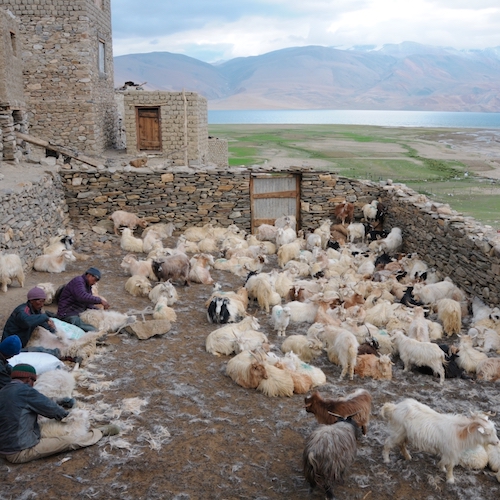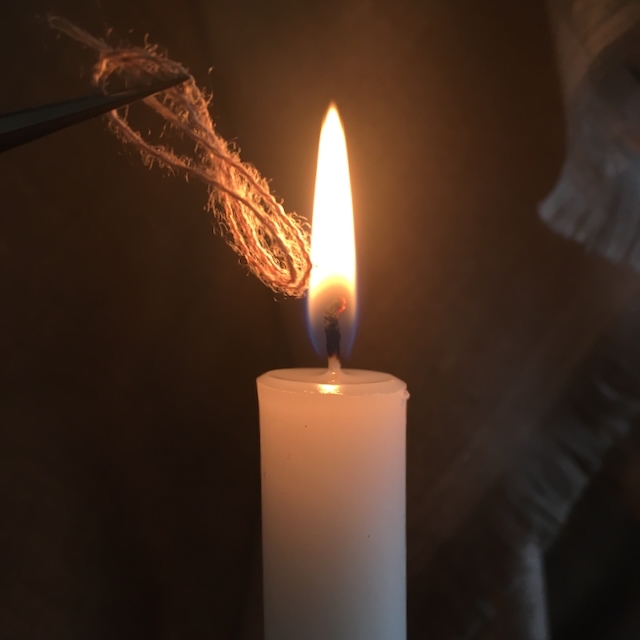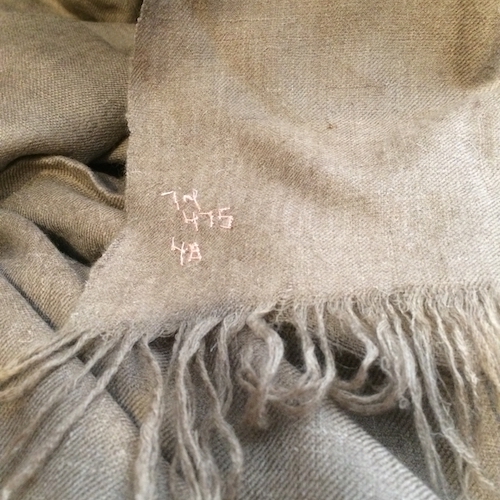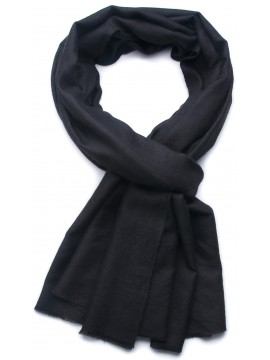
My account Sign in My wishlists
GENUINE LADAKH PASHMINA
An exceptional cashmere
Authentic Pashmina remains a well-kept secret...
Discover this rare, ethical and eco-responsible cashmere,
hand-harvested in the Himalayas.

What is Pashmina?
Pashmina is an exceptional cashmere.
Harvested since ancient times in the Upper Himalayas, it is still produced by hand and today accounts for just 0.5% of world production.
It owes its unprecedented finesse to the extreme altitudes where the changra goats that produce it live to protect themselves from the icy cold of Ladakhi winters. In keeping with tradition, the nomadic shepherds of the Chang-Pa tribe comb the goats in summer to recover their precious down: an eco-responsible cashmere so fine it can only be woven by hand!
Only the artisans of Kashmir possess the ancestral know-how needed to master this delicate art: bringing to life the shawl of kings, a fabric so warm, so light and so fine, that it is passed entirely through a ring...
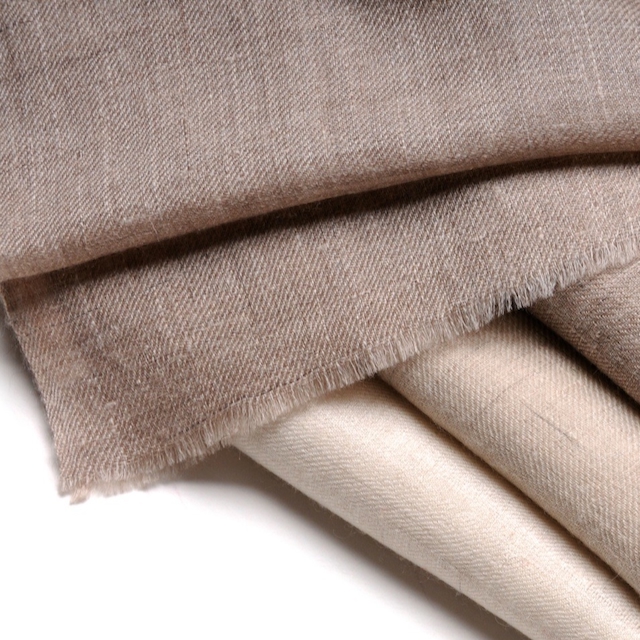
Our customers are talking about us!
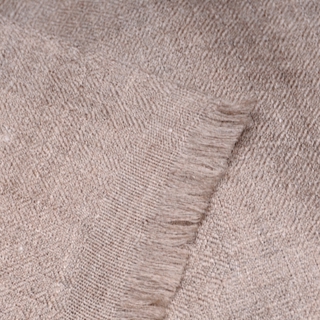
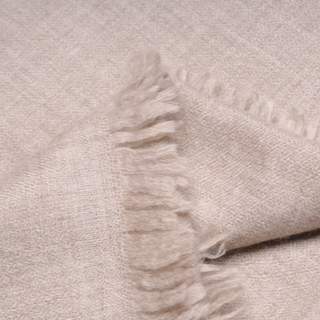
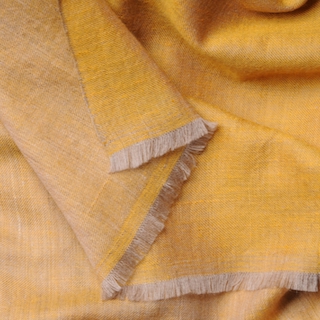
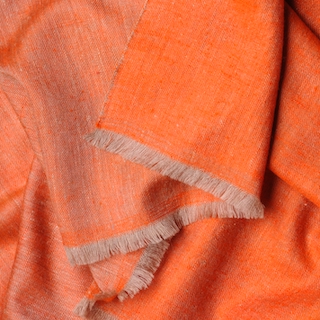
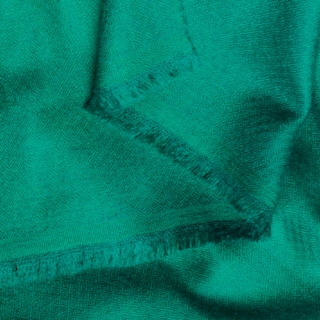
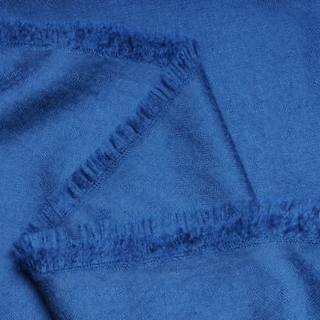
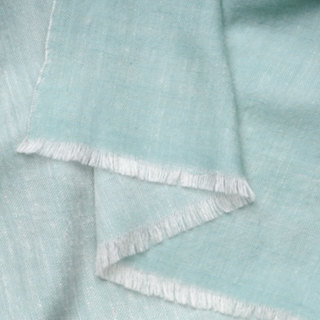
Our commitment
Leading experts in authentic Pashmina, we are proud to present Europe's most complete collection of this rare and ethical cashmere!
Choosing genuine Pashmina not only means opting for a high-quality fashion accessory that combines the incomparable softness and warmth of this rare and precious fiber, it also means contributing to the preservation of unique traditional craftsmanship by supporting local communities.
For over 10 years now, our mission has been to promote and disseminate this exceptional and totally unknown eco-responsible cashmere, offering impeccable quality at the right price: genuine 100% fair trade cashmere Pashminas from Ladakh, handcrafted in India according to tradition.
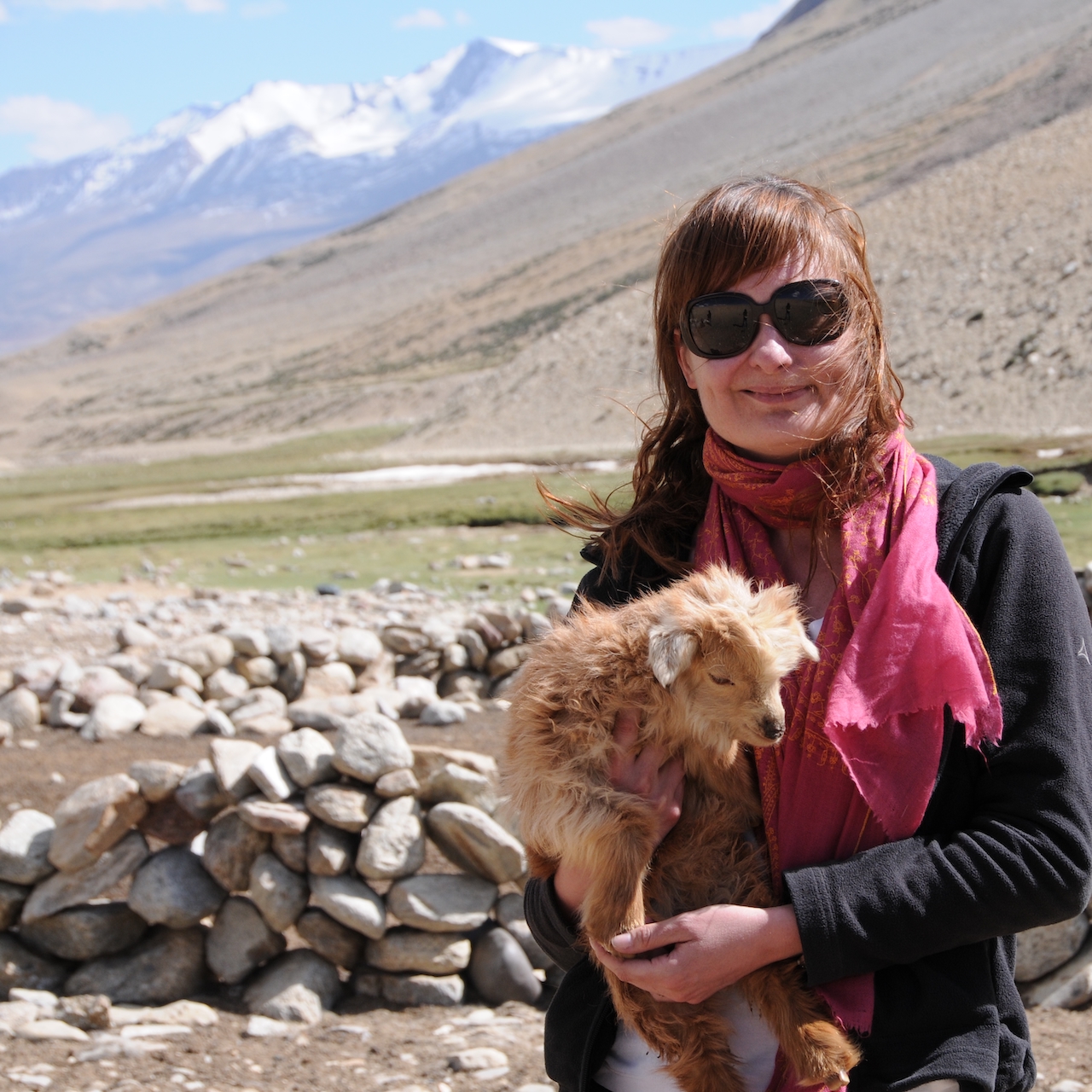
All about Pashmina: our guides and surveys
FREQUENTLY ASKED QUESTIONS
Pashmina is a variety of ultra-fine cashmere, hand-harvested in very limited quantities in the Himalayas from the winter down of the Ladakh changra goat. Of Persian origin, the term "Pashmina" is very old and designates both the fiber and the shawls made from it. Extremely rare and extremely fine, Pashmina is not only the noblest and most luxurious cashmere, it also stands out as an ethical and sustainable cashmere, thanks to its eco-responsible production inherited from age-old ancestral traditions.
Pashmina must be handcrafted according to ancestral traditions. For centuries, the artisans of Kashmir have been the only ones to master the delicate weaving of this ultra-fine cashmere, and they continue to practice this art to this day. Pashminas are patiently woven by hand on wooden looms. Making a Pashmina takes time, from a few days for a plain stole to several months or even years for an XXL kaani shawl. Pashminas can also be hand-embroidered.
No authentic Pashmina is machine-made, which is one way of identifying imitations.
Here's the best way to recognize genuine pashmina:
1/ Check that the piece has no braided bangs: pashmina fiber is too fine to be braided.
2/ Take a thread from the selvedge and burn it: real pashmina smells of horn or burnt hair.
3/ Observe the weave and selvedges of the stole against the light: they should be irregular, indicating handcrafting.
4/ Other clues may help you: genuine Pashmina is never labeled 100% pashmina but 100% cashmere, and it's never cheap.
Want to find out more? See our complete guide with photos: How to recognize real pashmina
Soft, fine and light, yet extremely warm, Pashmina has definitely established itself as the versatile accessory par excellence. Elegant and versatile, it can be worn by both men and women, whatever the season, as a scarf wrapped around the neck over a coat in winter, or as a shawl draped over the shoulders to warm a dress in summer.
Here are a few ideas for wearing your pashmina:
- Tied around the neck like a scarf: This is the most common way to wear a pashmina. Simply wrap it around your neck one or more times to add a touch of color and texture to your outfit. You can also tie the ends for added security and style.
- Draped over your shoulders: If you're looking to add an extra layer to your outfit, draping your pashmina over your shoulders can be a great option. You can do this symmetrically or asymmetrically, depending on your style
- Negligently wrapped around the neck: If you want to add a touch of elegance to a more casual outfit, use your pashmina as a scarf. Wrap it around your neck and let the ends hang over your chest
- As a headpiece: If you're looking to protect your head and hair from the wind or cold, you can use your pashmina as a headpiece. Fold it in half, place it on your head and tie the ends, wrapping them around your neck.
- Belted: If you're attending a formal event, a pashmina can be an elegant alternative to a bolero or jacket. Drape it over your shoulders and let the ends hang over your arms, then belt it. You can also tie the ends in the back for added security.
Pashmina is a variety of cashmere, so it's very easy to wash by hand, as long as you take the necessary precautions:
- Use a suitable detergent, such as a special liquid detergent for wool and silk, diluted in cold or barely lukewarm water.
- Stir the Pashmina lightly with your fingertips for a few minutes, but do not leave to soak.
- Rinse well with plenty of water, and never use fabric softener. Some bright colors, such as red, can bleed. To avoid this, add white vinegar to the rinse water.
- To wring out your pashmina, don't twist it, but wrap it in a terry towel to wring it out gently.
- Dry it flat, avoiding sunlight and heat sources: thin and light, your pashmina will dry very quickly.
- Then it's time to iron it on a medium or hot iron, using steam.
However, if you don't have the time to follow this procedure, we recommend dry-cleaning as a precautionary measure.
Free delivery
You have 14 days

By choosing a genuine Pashmina


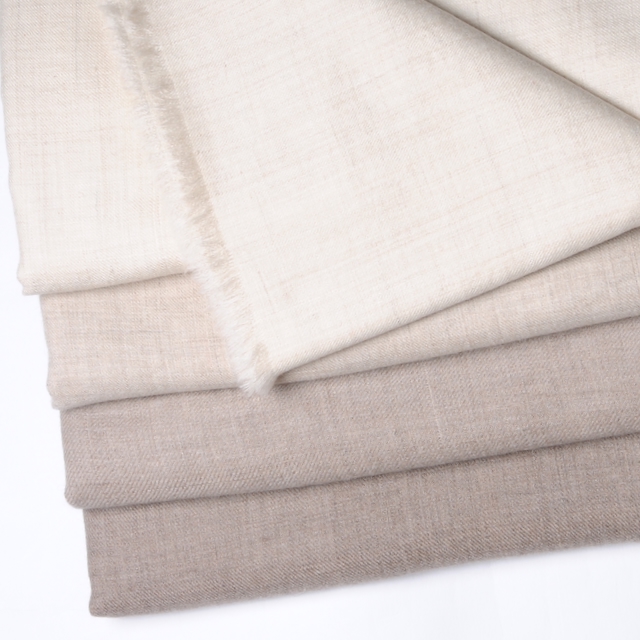
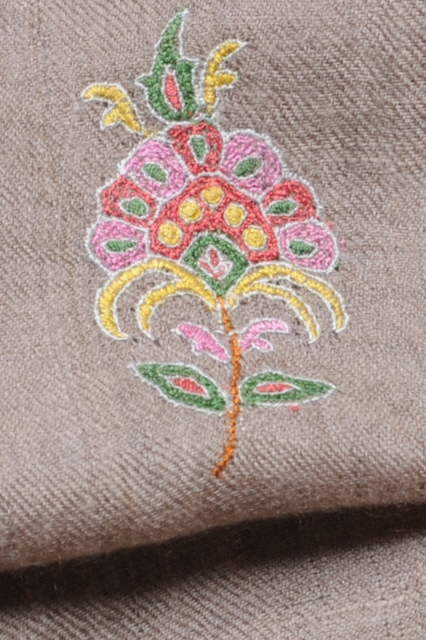
.jpeg)
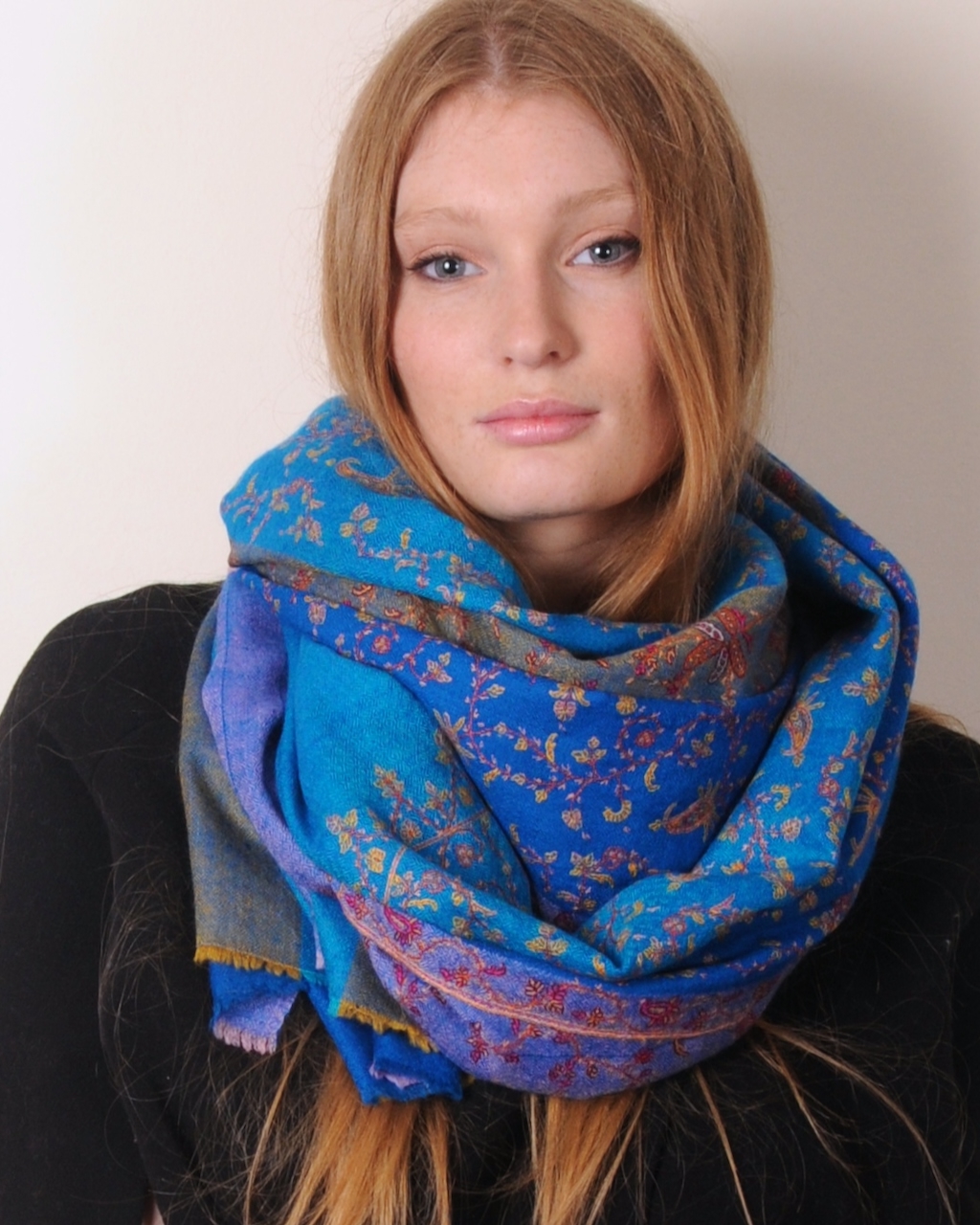
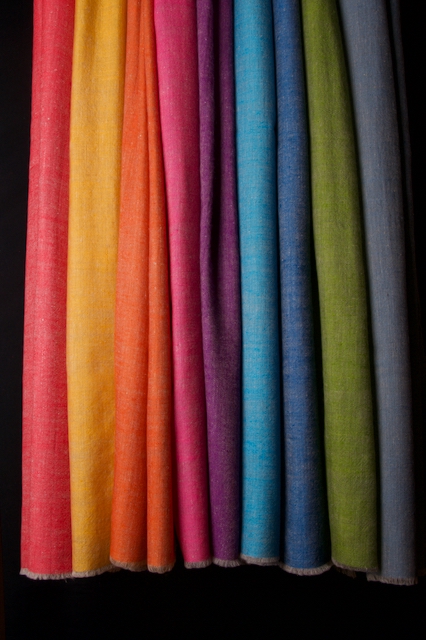

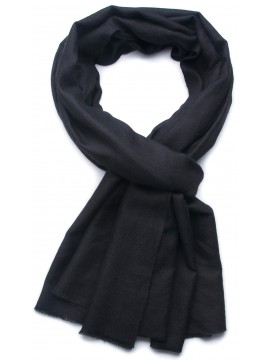
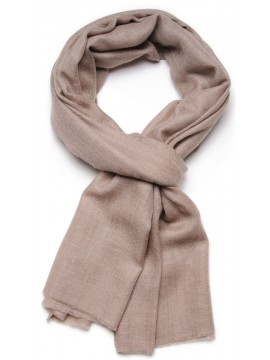
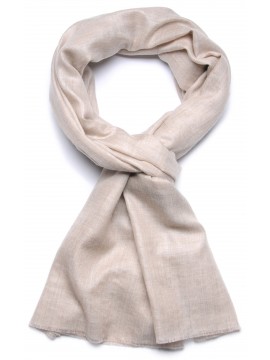
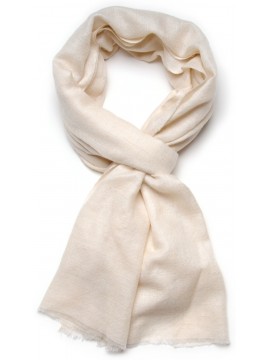
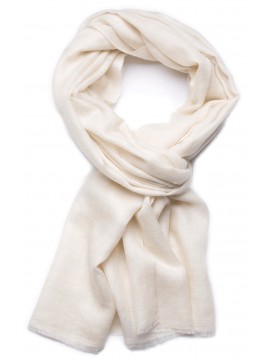
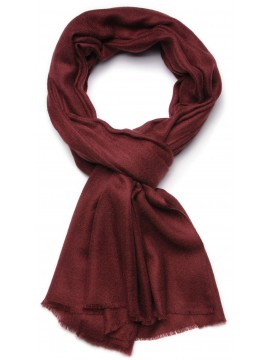
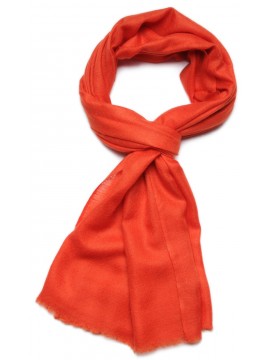
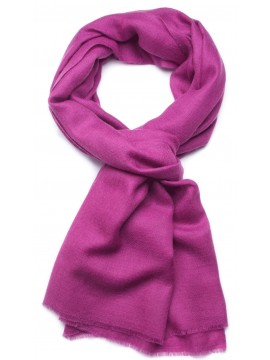
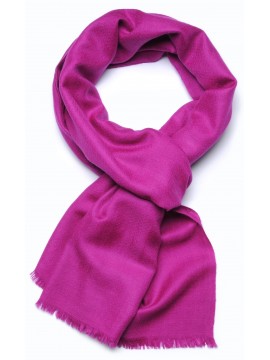
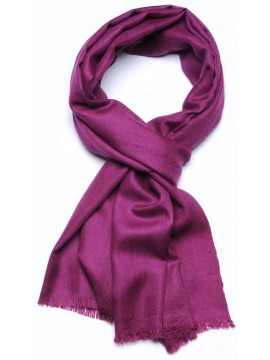
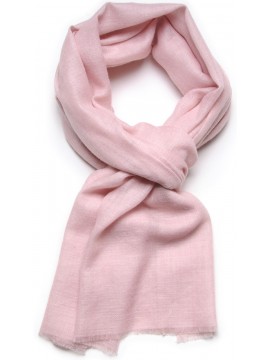
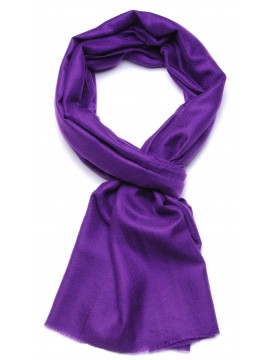
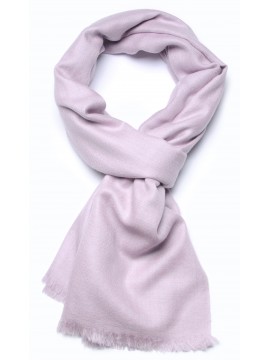
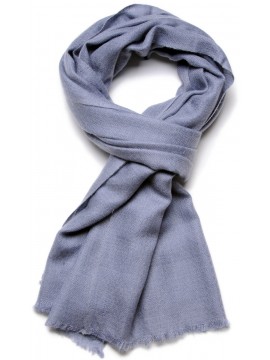
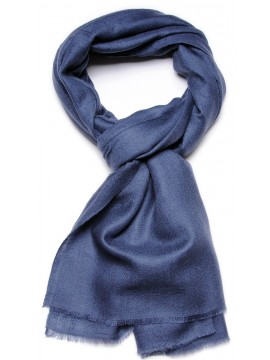
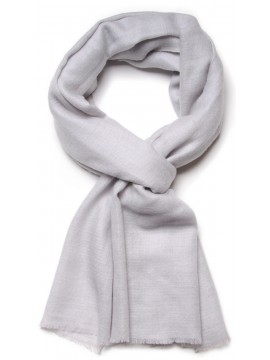
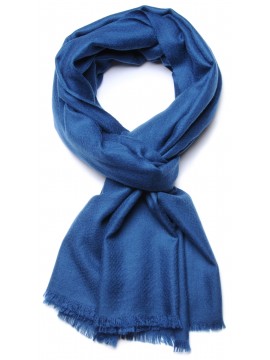
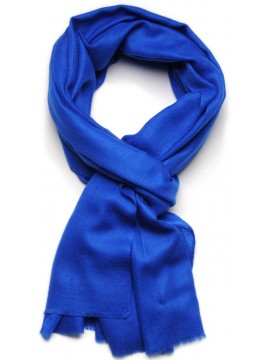
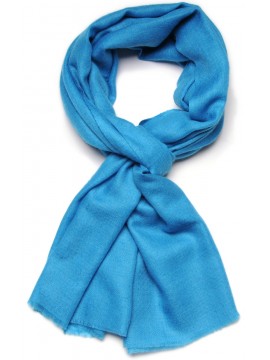
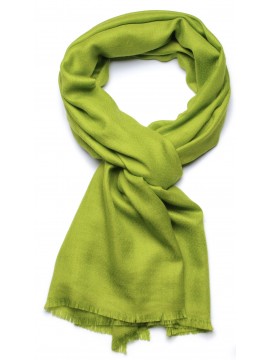
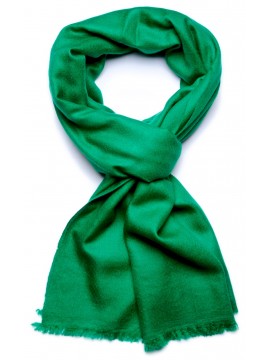
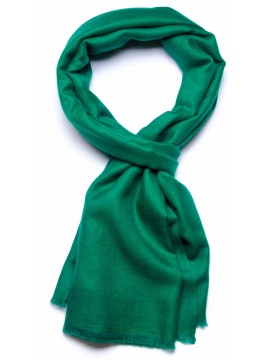
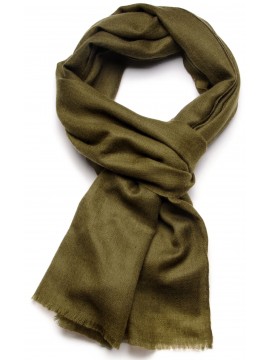
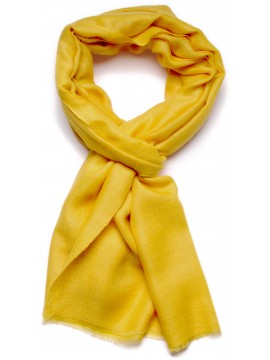
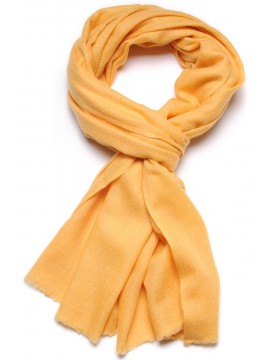
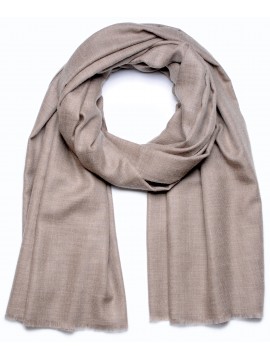
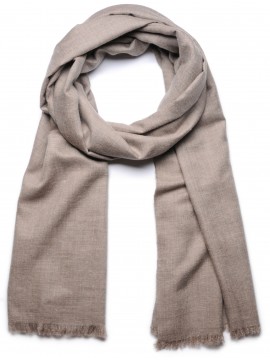
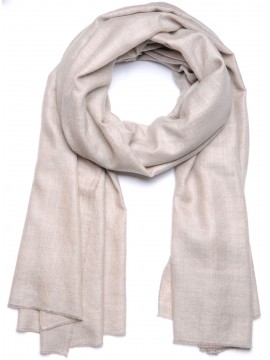
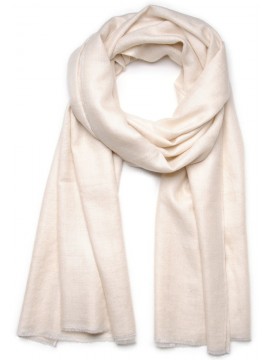
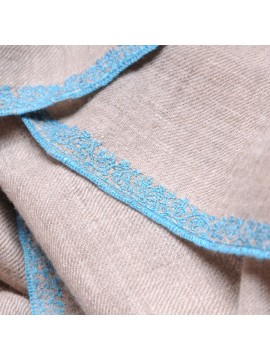
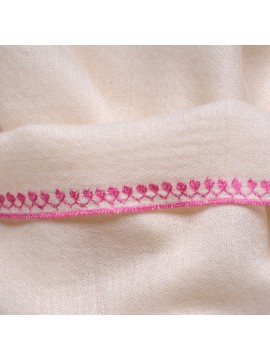
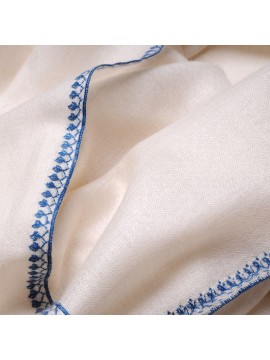
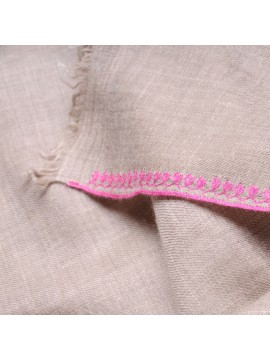
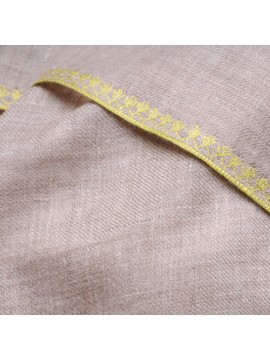
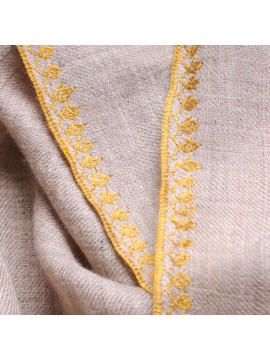
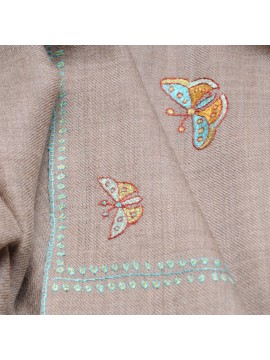
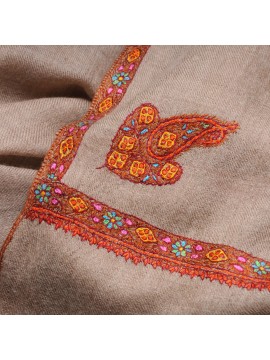
.jpeg)
